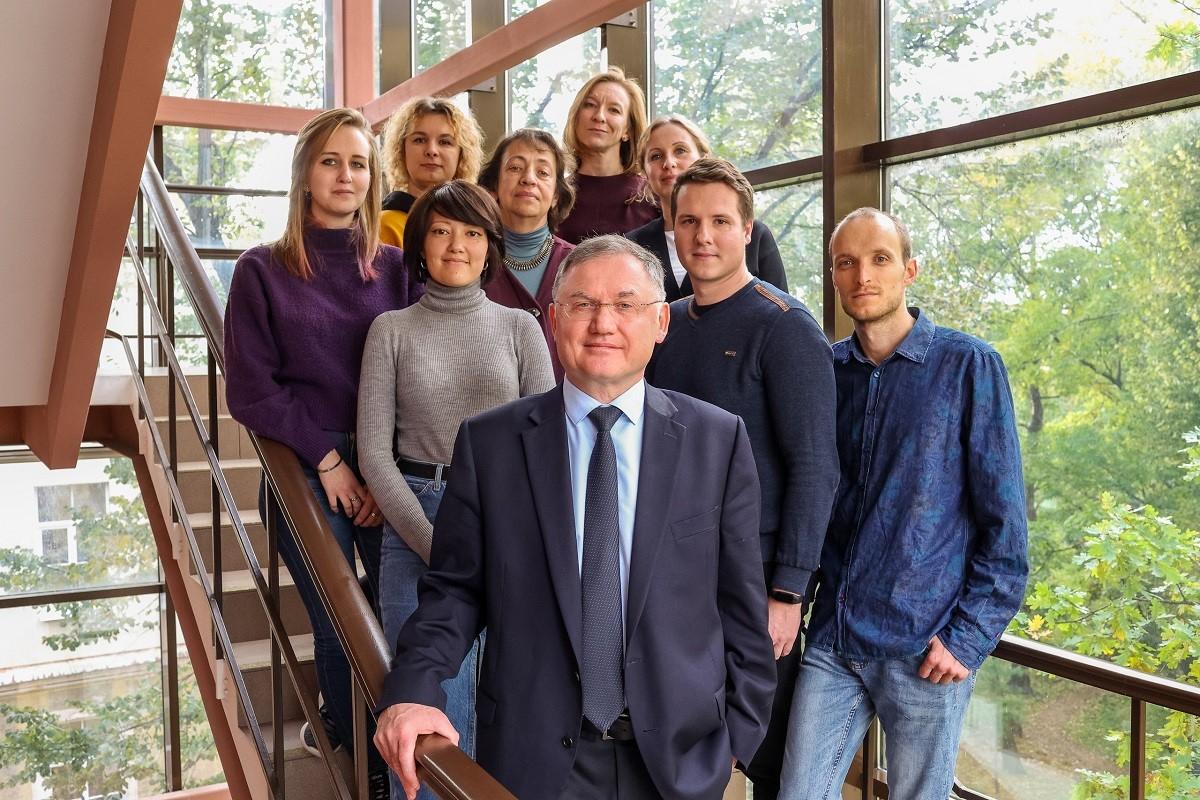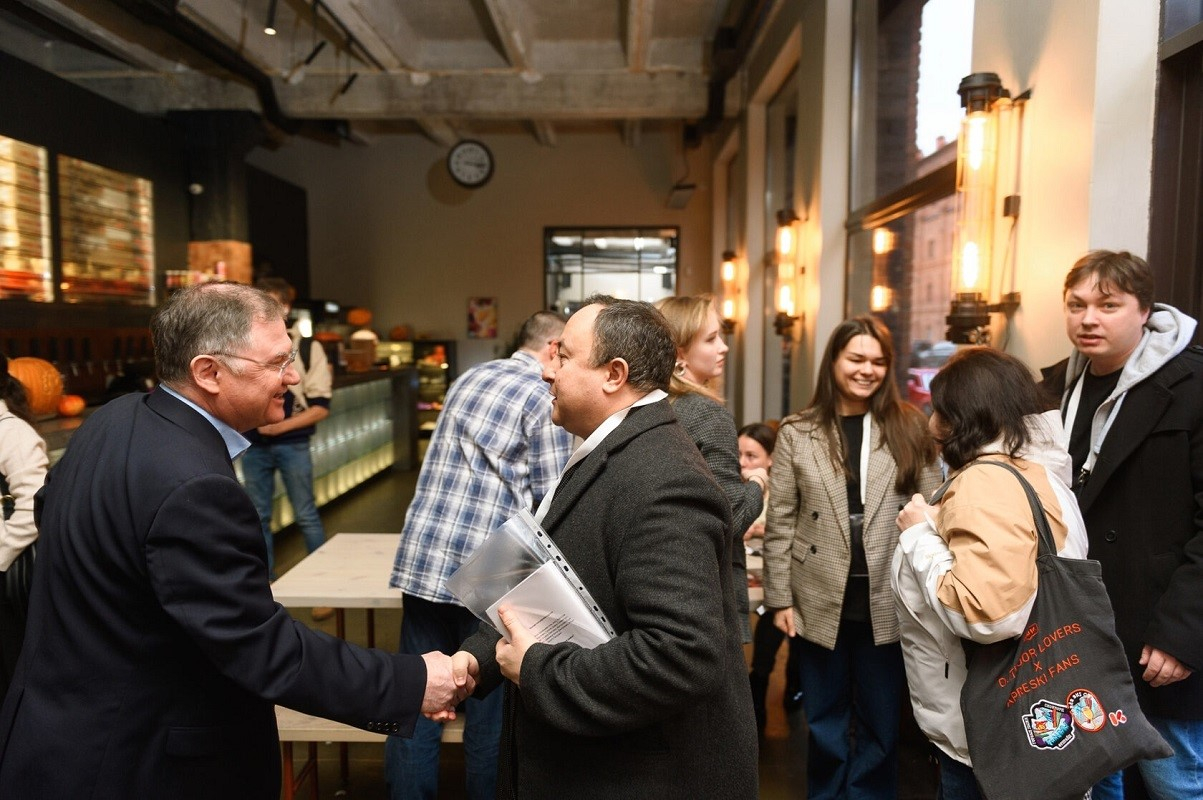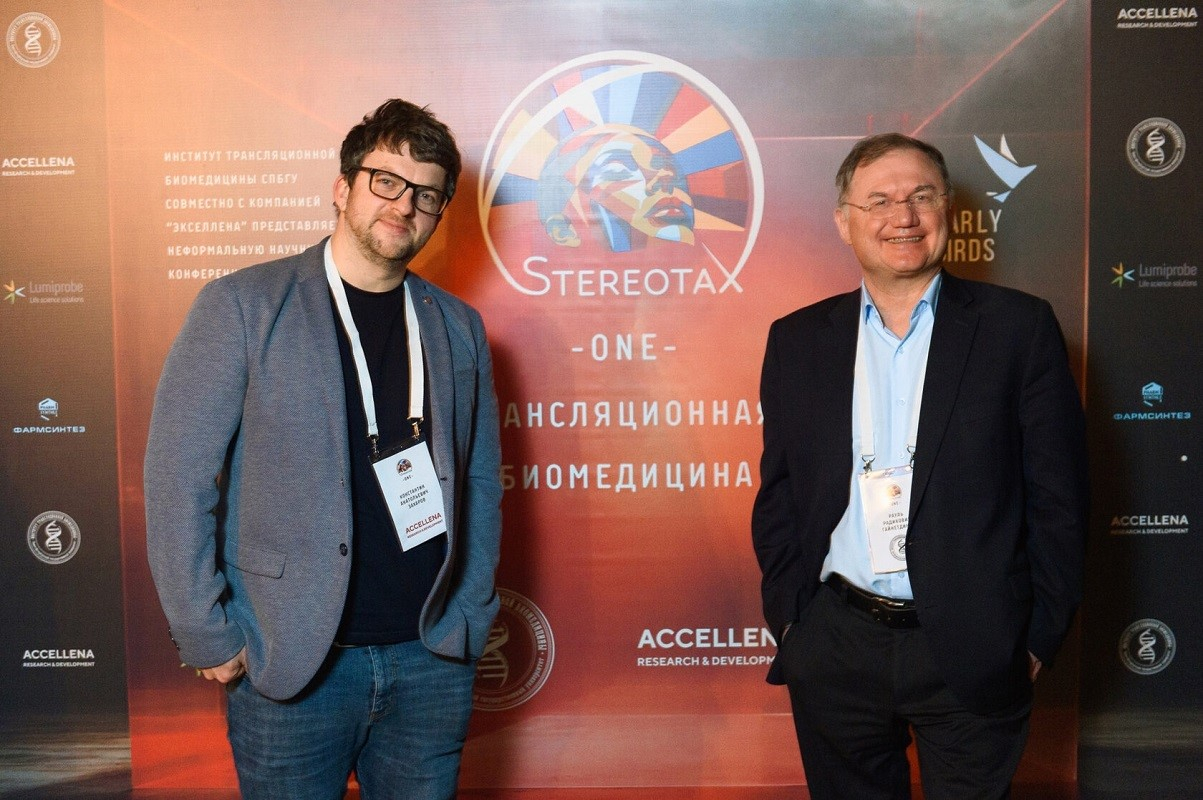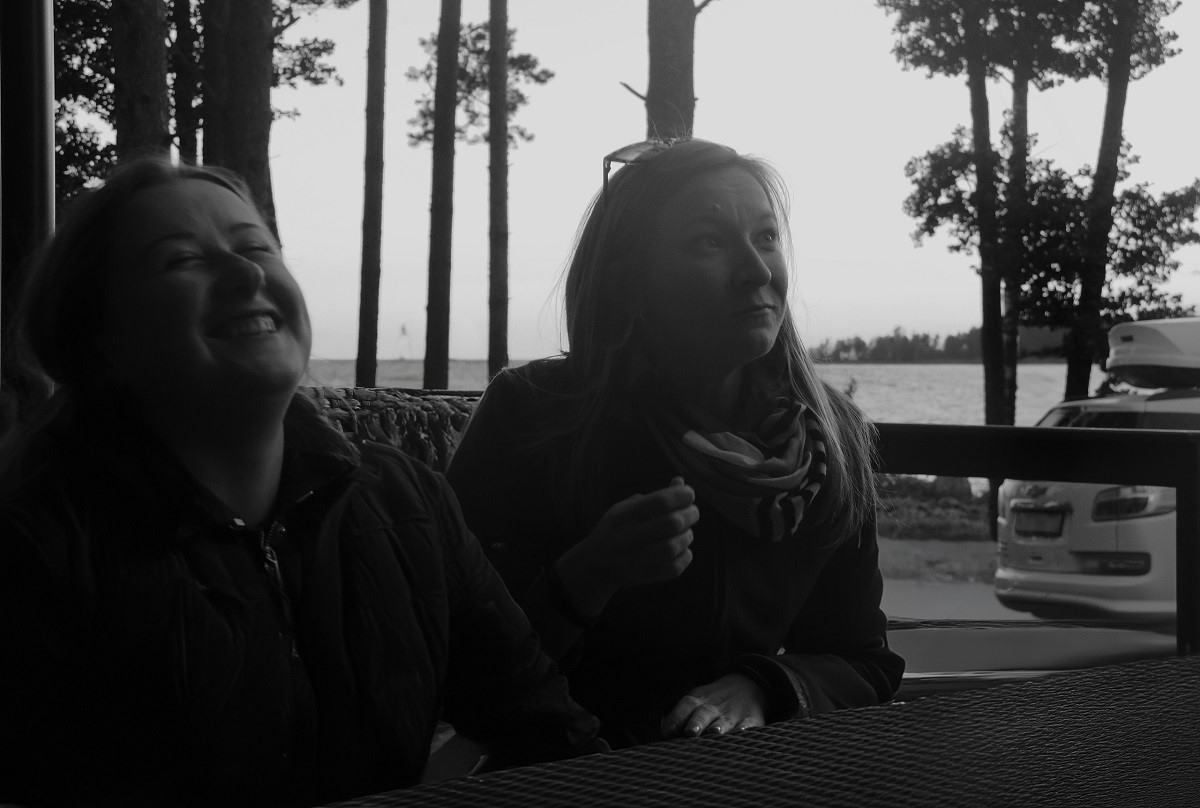Russian Science Foundation: Raul Gainetdinov: "We must lead and inspire others, rather than merely catch up or replicate existing work"
Through its rigorous expert evaluations, the Russian Science Foundation (RSF) pinpoints groundbreaking scientific projects and supports leading scholars in their endeavours to decipher nature’s enigmas and improve the quality of life of millions of people. Professor Raul Gainetdinov, PhD, Director of the Institute of Translational Biomedicine at St Petersburg University, Academic Supervisor of the Pirogov Clinic of High Medical Technologies at St Petersburg University, Head of the Laboratory of Neuroscience and Molecular Pharmacology at St Petersburg University, and a RSF grant recipient, shared his insights on the foundation’s grant system, international research experience, and cutting-edge developments in biomedicine. Here we publish an essay from the 10th anniversary edition "10 Years of the Russian Science Foundation. Stories about science, recognition and support".

Now, I can safely say: I came back to Russia after the Foundation had been established. Coincidence, you say? I do not think so. It was the RSF grant that provided me with the opportunity to work effectively in Russia. I left to work in the USA in 1996, as there were no funds or resources to conduct science here at that time. Yet, from the very first year, I wanted to return home. During my decade — long tenure at Duke University, I would often joke, "Every year, I go on an eleven-month-long business trip to the USA." Over time, the joke lost its humour because the lack of opportunities to come back was no laughing matter — without funding, I simply would not have been able to survive. Then, I moved to Italy, but I never abandoned my dream of returning to my homeland. In 2010, I applied for a mega-grant, but unfortunately, it did not work out. The experience was extremely frustrating. Finally, in 2013, we applied for a grant from the Russian Science Foundation — there were no other viable options. We secured our first grant immediately. I prepared the application while still in Italy, and we submitted our second proposal after I had returned to Russia. I thought: who else but me would do that? I was driven by an inner conviction that everything would work out: our idea was strong and the team was exceptional. I was not disappointed as the process was marked by transparency and openness. My proposal was based on the idea of translational biomedicine, an interdisciplinary approach uniting physicists, chemists, physicians, and bioinformatics experts. With the RSF grant secured, we received unwavering support from the Rector of St Petersburg University. He literally declared, "We will create a research institute for this project." And in February 2015, our Institute of Translational Biomedicine with five laboratories was indeed established.
The funding we received was substantial for the time. It enabled us to renovate the vivarium and I was able to transfer my knockout mice from Italy and equip the laboratory. Gradually, with continued support from St Petersburg University and the Russian Science Foundation, we expanded our operations to include nine world-class laboratories.
Thus, one of the most productive research institutes in Russia was created. From our very first year, we hit the ground running and quickly achieved an impressive publication rate.
In terms of publication quantity and quality, we ranked first globally among universities established within the past five years. This achievement was driven by our exceptional research staff. Typically, the initial three years of a new laboratory are focused on administrative tasks, such as construction and equipment procurement, rather than research productivity. Our team, however, was highly motivated from the outset: all my colleagues worked in the West for at least a decade and had a reserve of paper ideas. Since 2015, we have consistently published 50 to 70 research papers annually. In total, over the past eight years, we have published approximately 550 papers in major international journals, including 15-16 publications in prestigious journals like Nature and Science. The cumulative impact factor of our papers is 2,971.525.

The Russian Science Foundation initially modelled its grant system on the established practices from international and domestic research foundations. Over time, the RSF adapted these practices to better suit local conditions. Every aspect of its operations is carefully considered to ensure optimal performance. I personally prefer RSF grants to those offered by international foundations. In the 1980s and 1990s, the number of researchers in the West doubled, while funding increased by only 20%. Due to that imbalance it became extremely challenging to secure grants. The requirements became stricter, with experts scrutinising every minor detail and research method. Funding became increasingly politicised. To obtain funding, it often felt like one had to be part of the expert committee and align with the prevailing political views.
European grants are, indeed, substantial (up to 50 million euros), but challenging to secure due to the extensive permissions required. Preparing an application often involves hiring a firm, which can cost up to $30,000 — a practice that is officially authorised.
I find the RSF grant system to be optimal. The expert evaluation process takes only three to four months, which is twice as fast as that for European and American grants. In Russia, applications are easier to write, but the reporting requirements are more demanding. In America, a report typically consists of two or three pages and a list of publications. In contrast, the Russian Science Foundation has a much more rigorous approach to grant reporting.

Before the Russian Science Foundation was established, the skill of writing research proposals was not well-developed in Russia. Over the years, people have learned to craft effective grant applications. Fortunately, in Russia, we are not required to provide an overly detailed description of research methodologies, which is a waste of time because it is often impossible to predict exactly what experiments will be conducted years in advance. My former supervisor, Marc G Caron, used to say, "If you can predict what experiment you will be doing in five years, then you are not a true scientist." In Russia, we apply for grants using broader and less bureaucratic terms, focusing on the overall direction of the research.
Investing in research grants is fundamentally an investment in a researcher.
Researchers generate innovations that benefit society and contribute to the nation’s prosperity through new developments and technologies. This prosperity, in turn, is shared among the people. The Russian Science Foundation requires grant recipients to have a business partner. Through this requirement, we established collaboration with Accellena, a small St Petersburg-based company that is involved in clinical trials of pharmaceuticals. Accellena has been a supportive partner that believes in our work. Together, the Institute of Translational Medicine, St Petersburg University, and Accellena have already secured four patents. However, this support alone is not sufficient. Biomedicine is a field that demands substantial long-term investment. In the United States, developing a new therapeutic drug takes approximately 13-15 years and costs around $2.3 billion.

In Russia, the process of developing a therapeutic drug is twice as fast and ten times cheaper. Nonetheless, it is extremely difficult to find such amount of money and secure an investor who will agree to our proposal, "Give us a billion for ten years and forget about the money, and later we will tell you whether it worked out or not." Domestic investment companies are often risk-averse and hesitant to invest in truly groundbreaking ideas, while at our Institute, we strive to create the extraordinary — pioneering therapies that have the potential to change lives and revolutionise brain disease treatment.
It turns out that we need visionaries who will put their trust in us and say, "You are brilliant; we will follow you!" This is the only way forward.
If we want to be ahead of the whole planet, we must lead and inspire others, rather than merely catch up or replicate existing work.
To achieve this, researchers need sustained, long-term funding. However, the business community in Russia is currently hesitant to invest in ideas that have not yet been proven in the West. In contrast, the interaction between grant recipients and the expert system at the Foundation is, in my opinion, excellent.
The Foundation’s experts are prominent scientists who actively publish their findings, and many of them are recipients of research grants themselves.
Members of the RSF Expert Council are even more distinguished, including many heads of major research institutes. These individuals are highly respected, and I have full confidence in their expertise.

